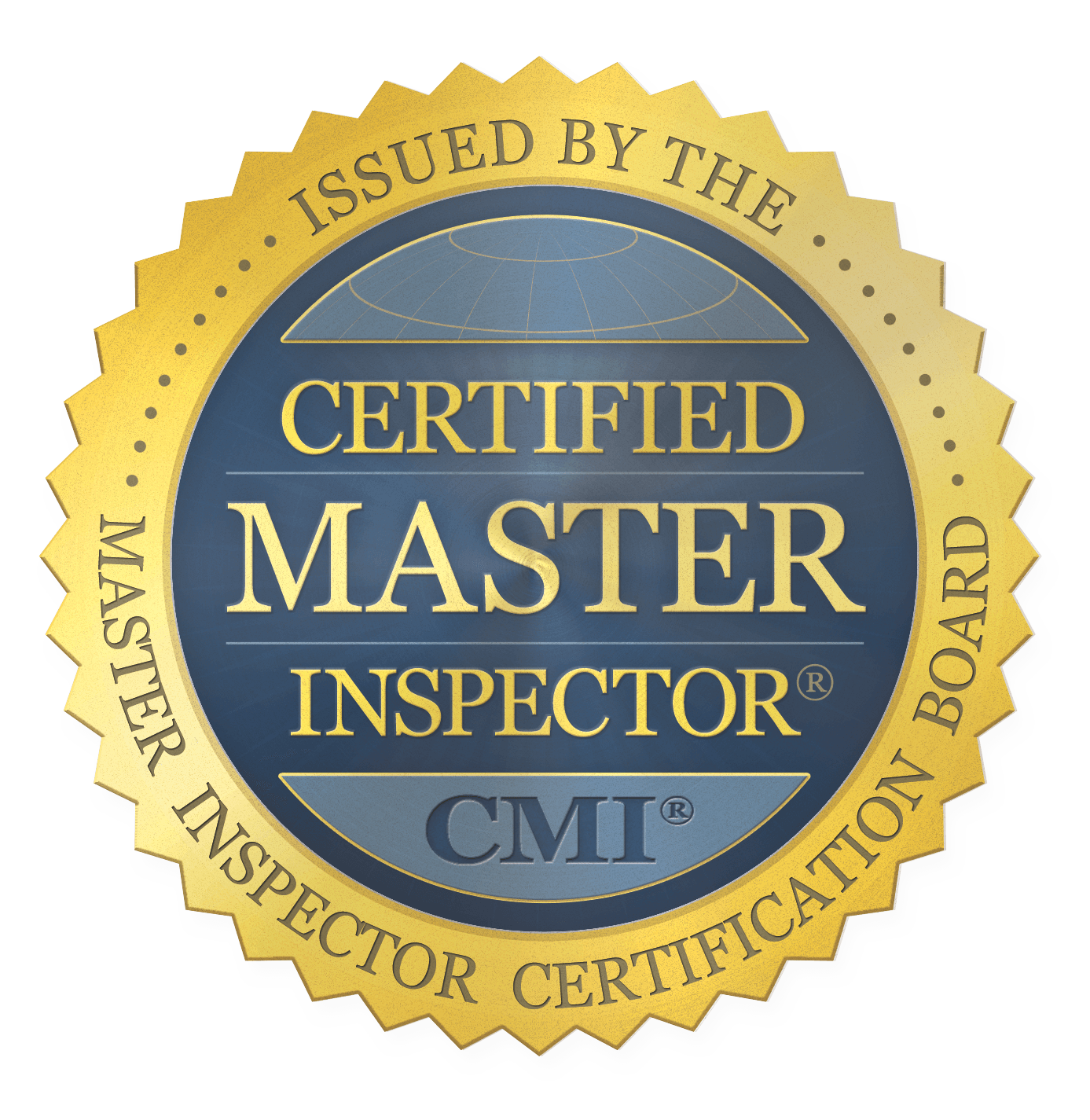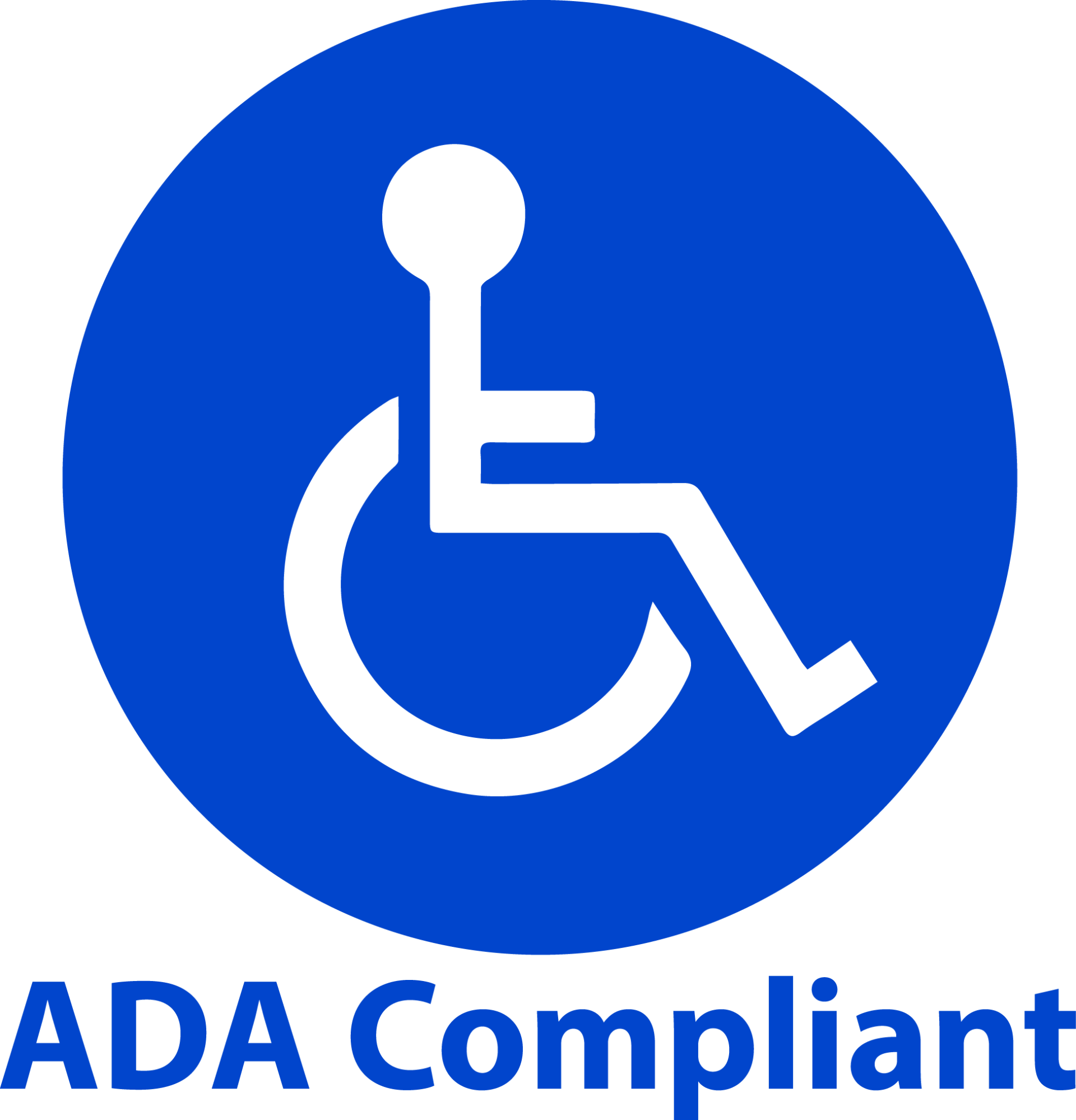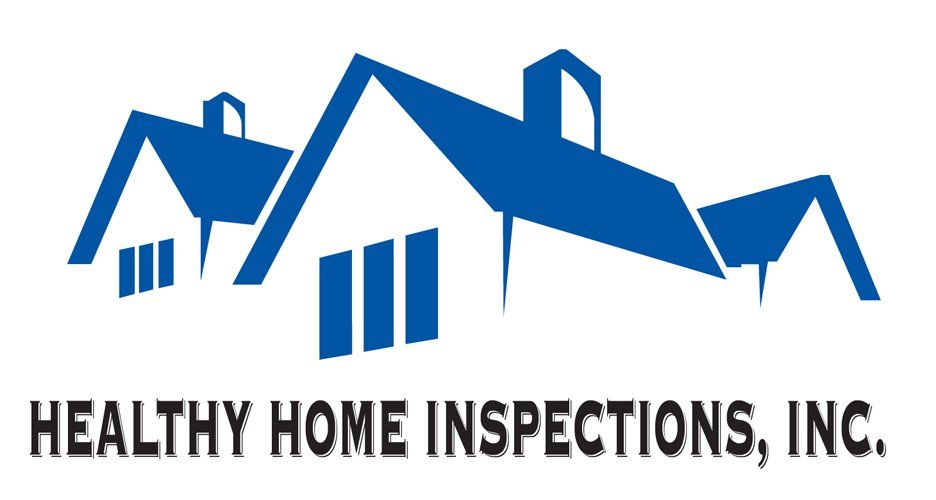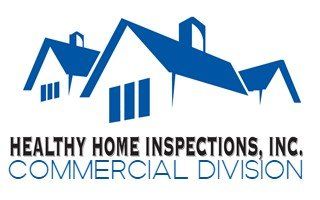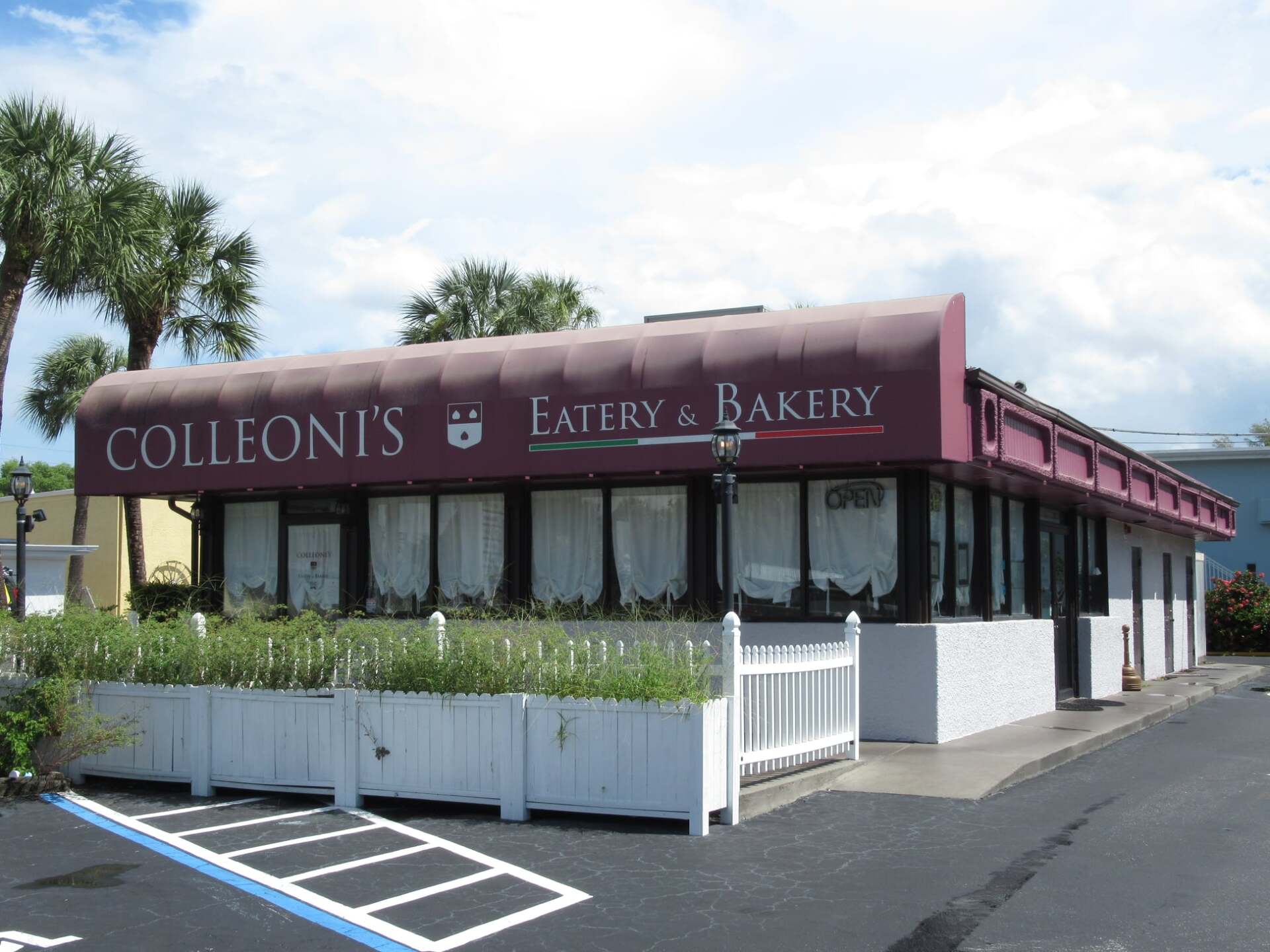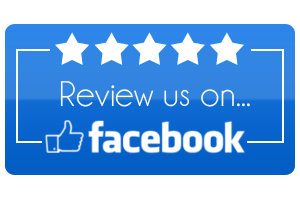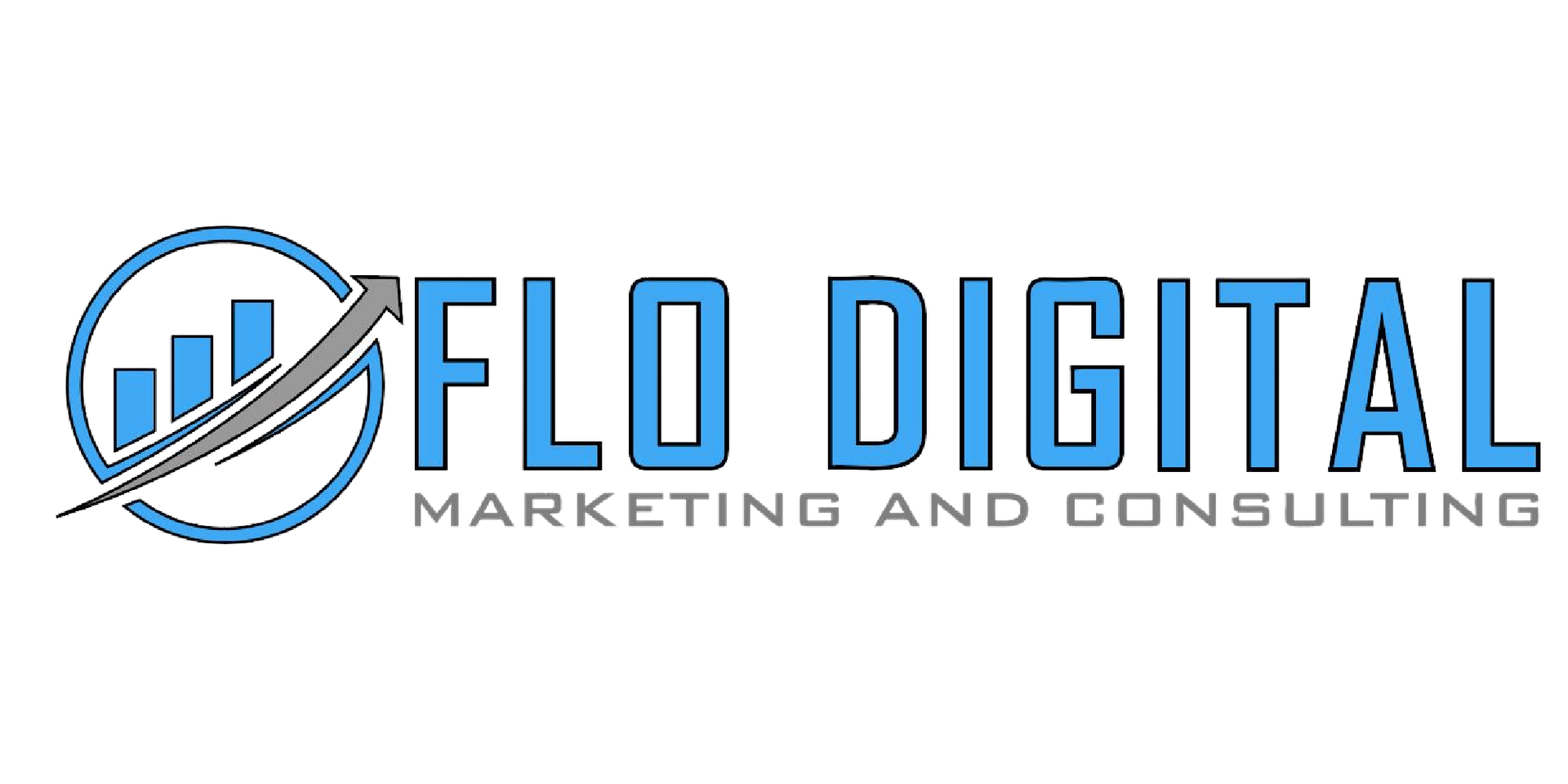Ensuring That Your Next Home Is A Healthy Home
Proudly serving Cape Coral, Fort Myers, Naples & All of Southwest Florida!
Southwest Florida's Leading Licensed Home Inspector
Areas Served
- Cape Coral
- Fort Myers
- North Fort Myers
- Pine Island
- St. James City
- Bokeelia
- Matlacha
- Punta Gorda
- Fort Myers Beach
- Lehigh Acres
- Alva
- Labelle
- Naples
- North Naples
- Marco Island
- Bonita Springs
- Estero
- Immokalee
- Ave Maria
- Sanibel
- Captiva
- North Captiva
- Port Charlotte
- North Port
Ensuring your next home is a Healthy Home!
Performing commercial inspections from Tampa to Fort Myers to Miami!
Performing commercial inspections from Tampa to Fort Myers to Miami!
FLORIDA COMMERCIAL INSPECTIONS
If you’re considering purchasing a Florida commercial property, it’s important to know the condition of your investment so you can make a sound financial decision. We’ll examine the major systems that will affect your bottom-line, including roofing, plumbing, electrical, heating and cooling, as well as the structure itself. You’ll receive a detailed report complete with notes and pictures that will help you decide how to best proceed with your commercial investment.
Not only does our team conduct a thorough and informative inspection on your major systems (Electrical, Mechanical, Heating, Plumbing and Air Conditioning/Ventilation), we also offer Mold and Radon Testing.
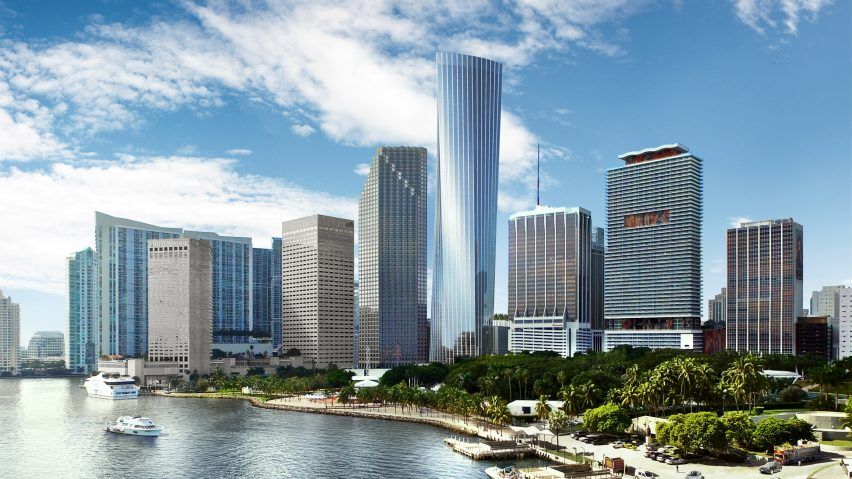
Slide title
Write your caption hereButton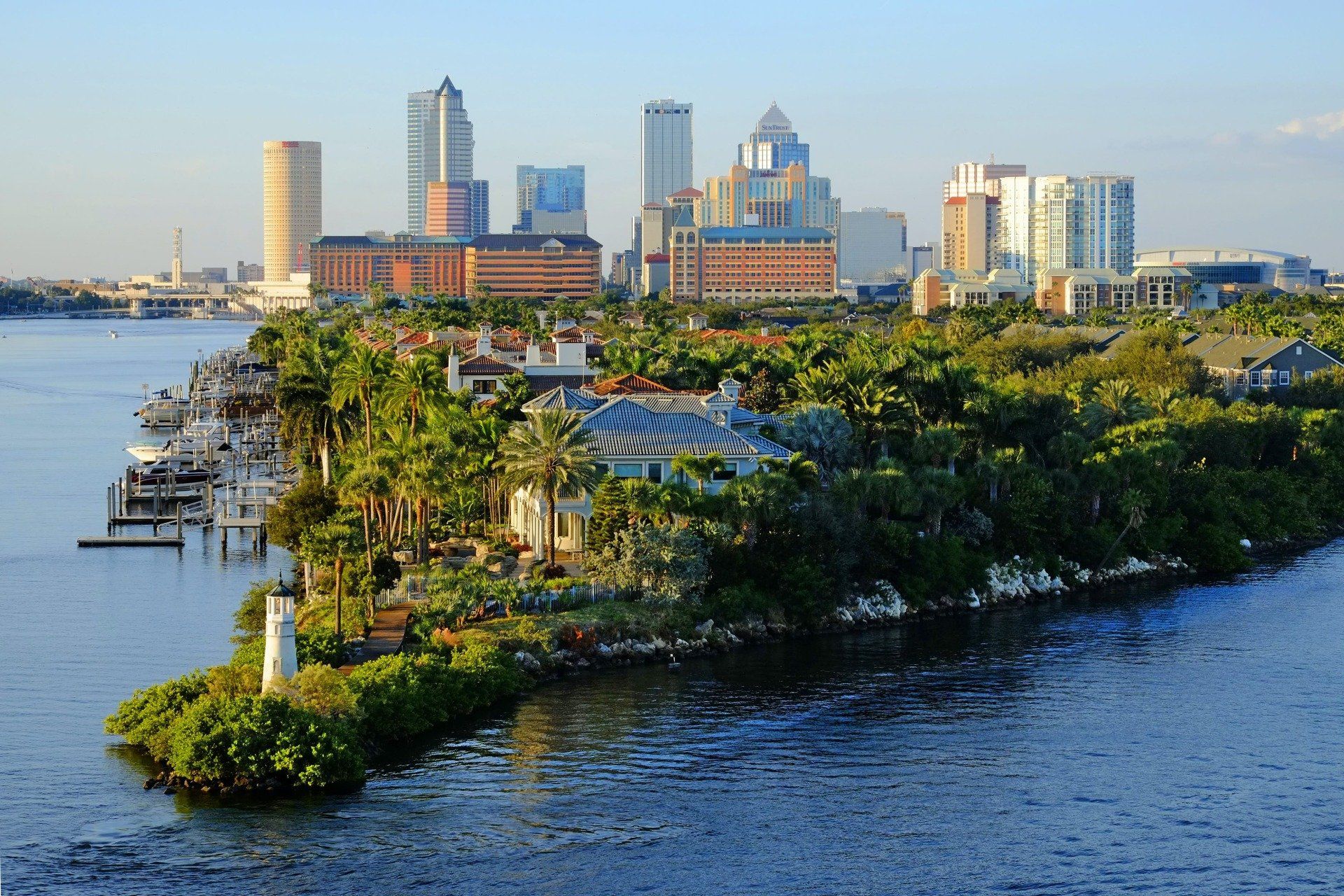
Slide title
Write your caption hereButton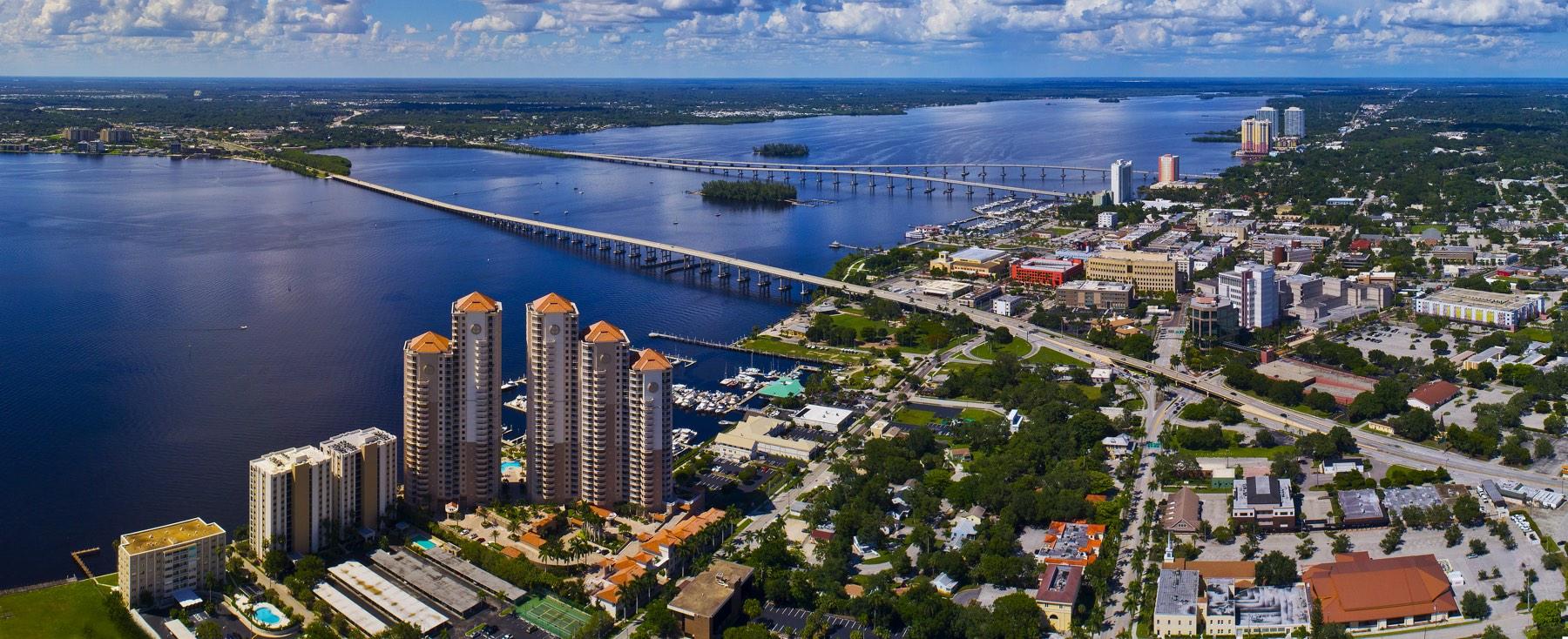
Slide title
Write your caption hereButton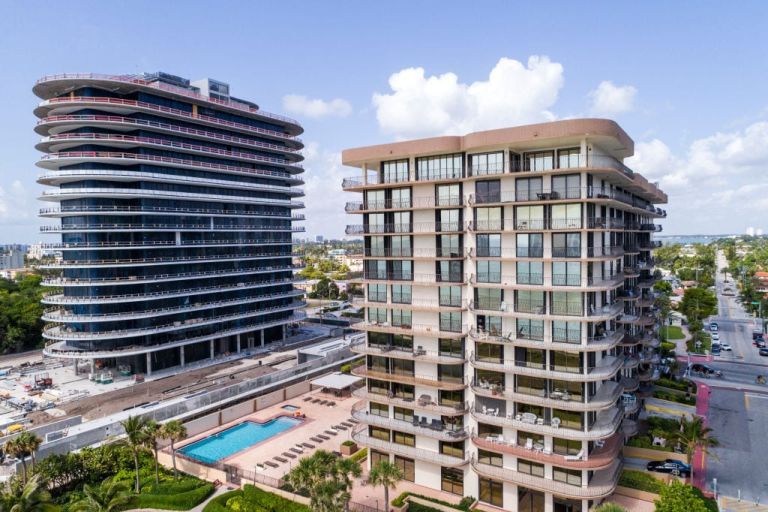
Slide title
Write your caption hereButton
-
What Is the Goal of a Commercial Building Inspection?
Commercial real estate acquisitions revolve around return on investment (ROI) and residual value. Portfolio managers want to know two things: “How much will this cost?” and “How much will I make on this investment?”
This is where an inspection comes in handy. An inspection will reveal the life spans of five major systems within the building, including the following:
- Roofing
- Structural Integrity
- Electrical
- Plumbing
- Heating, Ventilation and Cooling (HVAC)
Real estate management teams want to know if the roof or HVAC system will need to be replaced in the coming years, or if electrical elements will need to be upgraded due to a change in building use. A building audit or inspection will provide insight on these questions. The resulting report will ultimately advise the portfolio company whether or not buying the property is worth the investment.
-
Do I Need a Commercial Building Inspection?
A commercial building is a building or structure located on a parcel of commercial real estate. These buildings are intended to generate profit, either from capital gain or rental income. Commercial buildings are usually divided between five categories: Office Buildings, Retail/Restaurant, Multifamily Dwellings, Land and Miscellaneous. If you are purchasing a commercial building then the answer is, YES, you need a commercial building inspection to protect you and your investment.
Some examples of commercial buildings and properties include:
- Cafes
- Condominiums
- Convenience Stores
- Factories
- Hotels and Lodging
- Malls
- Manufacturing Facilities
- Medical Office Suites
- Mixed-use Buildings
- Multifamily Housing
- Office Buildings
- Residential Units (for-profit)
- Restaurants
- Shopping Centers
- Sports Facilities
- Storage Facilities
- Strip Malls
- Warehouses
-
Who Performs a Commercial Building Inspection?
Asset managers have several options when it comes to hiring a commercial building inspector. The first option is to hire an engineer or architect. These individuals possess varied backgrounds in the building trades, facilities management, maintenance and similar subjects. However, it is important to note that engineers and architects may charge premium fees for their services and specialized knowledge.
A second option is to hire a commercial building inspector. Many companies specialize in both residential and commercial inspections, but be careful. The nature of a commercial inspection is unlike a residential inspection. It’s a good idea to hire a company that not only specializes in commercial inspections but also understands that commercial properties are a company asset, business expense and income generator.
-
What Major Systems Does a Building Inspector Check?
Commercial buildings generally have five major systems: Electrical, Mechanical, Heating, Plumbing and Air Conditioning/Ventilation. Inspectors will check that these systems are in good working condition. If a system is not up to par, the inspector will include a write up and photos in your commercial inspection report. Other inspection items include things like water damage, safety hazards, faulty components, and much more.
-
Will You Inspect the Buildings Interior and Exterior?
Yes!
On the interior, the inspector will inspect the building’s walls, floors, bathrooms, offices, kitchen spaces, and similar areas. This portion of the inspection will illuminate any need for interior repairs.
A building’s exterior is also a very important component of the inspection. The inspector will determine whether the building is structurally sound and highlight any necessary repairs. Inspectors may rely on insight from roofing experts, electricians, plumbers, or construction contractors to fully inspect the exterior health of a building.
-
How Quickly Will I Receive My Report?
A commercial building inspection can take as little as a few hours or as long as a full day to complete. This greatly depends on the size, condition, and use of the property. Our commercial department always delivers commercial inspection reports the same day as the inspection.
FLORIDA COMMERCIAL INSPECTIONS
If you’re considering purchasing a Florida commercial property, it’s important to know the condition of your investment so you can make a sound financial decision. We’ll examine the major systems that will affect your bottom-line, including roofing, plumbing, electrical, heating and cooling, as well as the structure itself. You’ll receive a detailed report complete with notes and pictures that will help you decide how to best proceed with your commercial investment.
Not only does our team conduct a thorough and informative inspection on your major systems (Electrical, Mechanical, Heating, Plumbing and Air Conditioning/Ventilation), we also offer Mold and Radon Testing.

Slide title
Write your caption hereButton
Slide title
Write your caption hereButton
Slide title
Write your caption hereButton
Slide title
Write your caption hereButton
-
What Is the Goal of a Commercial Building Inspection?
Commercial real estate acquisitions revolve around return on investment (ROI) and residual value. Portfolio managers want to know two things: “How much will this cost?” and “How much will I make on this investment?”
This is where an inspection comes in handy. An inspection will reveal the life spans of five major systems within the building, including the following:
- Roofing
- Structural Integrity
- Electrical
- Plumbing
- Heating, Ventilation and Cooling (HVAC)
Real estate management teams want to know if the roof or HVAC system will need to be replaced in the coming years, or if electrical elements will need to be upgraded due to a change in building use. A building audit or inspection will provide insight on these questions. The resulting report will ultimately advise the portfolio company whether or not buying the property is worth the investment.
-
Do I Need a Commercial Building Inspection?
A commercial building is a building or structure located on a parcel of commercial real estate. These buildings are intended to generate profit, either from capital gain or rental income. Commercial buildings are usually divided between five categories: Office Buildings, Retail/Restaurant, Multifamily Dwellings, Land and Miscellaneous. If you are purchasing a commercial building then the answer is, YES, you need a commercial building inspection to protect you and your investment.
Some examples of commercial buildings and properties include:
- Cafes
- Condominiums
- Convenience Stores
- Factories
- Hotels and Lodging
- Malls
- Manufacturing Facilities
- Medical Office Suites
- Mixed-use Buildings
- Multifamily Housing
- Office Buildings
- Residential Units (for-profit)
- Restaurants
- Shopping Centers
- Sports Facilities
- Storage Facilities
- Strip Malls
- Warehouses
-
Who Performs a Commercial Building Inspection?
Asset managers have several options when it comes to hiring a commercial building inspector. The first option is to hire an engineer or architect. These individuals possess varied backgrounds in the building trades, facilities management, maintenance and similar subjects. However, it is important to note that engineers and architects may charge premium fees for their services and specialized knowledge.
A second option is to hire a commercial building inspector. Many companies specialize in both residential and commercial inspections, but be careful. The nature of a commercial inspection is unlike a residential inspection. It’s a good idea to hire a company that not only specializes in commercial inspections but also understands that commercial properties are a company asset, business expense and income generator.
-
What Major Systems Does a Building Inspector Check?
Commercial buildings generally have five major systems: Electrical, Mechanical, Heating, Plumbing and Air Conditioning/Ventilation. Inspectors will check that these systems are in good working condition. If a system is not up to par, the inspector will include a write up and photos in your commercial inspection report. Other inspection items include things like water damage, safety hazards, faulty components, and much more.
-
Will You Inspect the Buildings Interior and Exterior?
Yes!
On the interior, the inspector will inspect the building’s walls, floors, bathrooms, offices, kitchen spaces, and similar areas. This portion of the inspection will illuminate any need for interior repairs.
A building’s exterior is also a very important component of the inspection. The inspector will determine whether the building is structurally sound and highlight any necessary repairs. Inspectors may rely on insight from roofing experts, electricians, plumbers, or construction contractors to fully inspect the exterior health of a building.
-
How Quickly Will I Receive My Report?
A commercial building inspection can take as little as a few hours or as long as a full day to complete. This greatly depends on the size, condition, and use of the property. Our commercial department always delivers commercial inspection reports the same day as the inspection.
EXPERIENCE MATTERS
Experience also sets us apart. We have performed over 15,000 inspections and have been in business for over a decade. Our lead inspector carries a license number HI427. The DBPR is currently issuing home inspector license numbers over 10,000. This means that we were one of the first companies to be licensed by the DBPR.
Our inspection reports are considered as one of the best and most thorough of any other inspection company locally! Detailed notes and pictures make our reports easy to read and understand.
These are just a few great things that separate us from the rest! Please feel free to call us and ask questions. We look forward to working with you on the biggest purchase of your life!
COMMERCIAL INSPECTIONS IN SOUTH FLORIDA
Professional commercial real estate inspection services
for Tampa, Fort Myers, Naples, Miami & all of South Florida!
Healthy Home Inspections Commercial Division offers a comprehensive inspection from the reliable, licensed commercial inspectors Florida Real Estate Investors rely on that will strengthen your knowledge and erase your doubt as you prepare to invest in a South Florida Commercial Property.
Contact us today to request an inspection.
About Us
Resources
Areas Served
- Cape Coral
- Fort Myers
- North Fort Myers
- Pine Island
- St. James City
- Bokeelia
- Matlacha
- Punta Gorda
- Fort Myers Beach
- Lehigh Acres
- Alva
- Labelle
- Tampa
- Sarasota
- Bradenton
- Venice
- Naples
- North Naples
- Marco Island
- Bonita Springs
- Estero
- Immokalee
- Ave Maria
- Sanibel
- Captiva
- North Captiva
- Port Charlotte
- North Port
- Miami
- Fort Lauderdale
- Hollywood
- West Palm
Privacy Policy | Cookie Policy | Conditions of Use | Notice and Take Down Policy | Website Accessibility Policy
© 2022 The content on this website is owned by us and our licensors. Do not copy any content (including images) without our consent.
This website was thoughtfully created by SWFL Media Consultants
About Us
Resources
Areas Served
About Us
Resources
Areas Served
- Cape Coral
- Fort Myers
- North Fort Myers
- Pine Island
- St. James City
- Bokeelia
- Matlacha
- Punta Gorda
- Fort Myers Beach
- Lehigh Acres
- Alva
- Labelle
- Naples
- North Naples
- Marco Island
- Bonita Springs
- Estero
- Immokalee
- Ave Maria
- Sanibel
- Captiva
- North Captiva
- Port Charlotte
- North Port
Privacy Policy | Cookie Policy | Conditions of Use | Notice and Take Down Policy | Website Accessibility Policy
© 2025 The content on this website is owned by us and our licensors. Do not copy any content (including images) without our consent.
